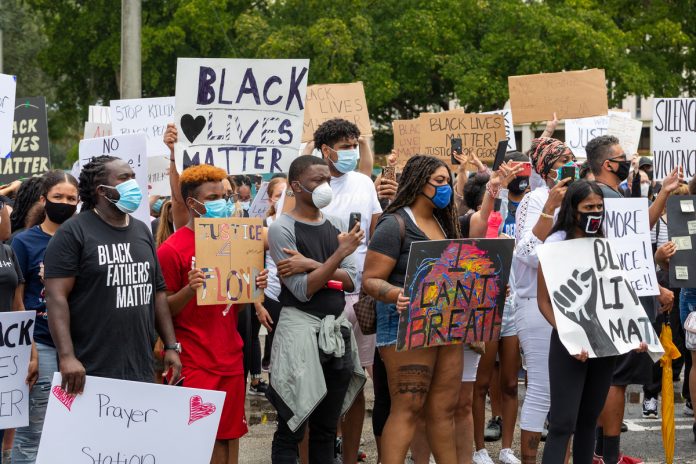Recent worldwide protests against policy brutality—spurred by the inhumane treatment and death of African American man George Floyd on May 25, while in custody of the Minneapolis police—have focused an urgent light on social equity for people of color, in general, and especially on how industries and businesses can help support change.
The cannabis industry has always expressed an active commitment to marginalized groups; most cannabis businesses seek out diverse staff members, including POC, formerly incarcerated individuals, LGBT, and women. There is some controversy around the effectiveness of social equity programs, but few can argue that they are not a step in the right direction, when properly implemented.
More than a half dozen legal states have launched social equity programs, which help applicants navigate the sometimes-complicated (and costly) process of licensing, and obtaining any state resources. Regional nonprofits, like Oakland’s Hood Incubator also exist to help with educational resources, networking, and other business support. There are venture capital funds with social equity initiatives, as well.
The African-American community has suffered disproportionately in a lot of ways, but especially in suffering the effects of the war on drugs, along with the age-old, every day battle against systemic racism. Though it can’t make up for centuries of oppression, maybe the cannabis industry’s social equity initiatives can lead the way for other industries to do better and lend their support.
Here are eight companies that are trying to make a difference in the world with special discounts or services for social equity applicants, and some supporting social equity-related campaigns and organizations:

African-American owned and founded by NBA veteran Al Harrington, Viola Brands in late February announced its new social equity program, Viola Cares. In partnership with legal advocacy organization Root & Rebound, Viola “will produce a first-of-its-kind toolkit designed specifically for people with cannabis-related convictions, to be entitled: ‘A New Leaf: A How-To Guide for Successful Reentry After A Cannabis Conviction.’” In a recent interview with Forbes.com, Harrington said African-Americans and other POC often don’t apply at cannabis businesses. “The stigma is still so strong that the fact this is a growing industry that you can be a part of may still be hard to grasp. We’re trying to educate and bring people of color into the industry in a major way, because all these years of the war on drugs, [basically] aimed at communities of color, have pretty much destroyed these communities by incarcerating us,” he said.
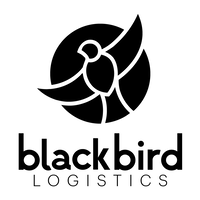
Cannabis technology company Blackbird Logistics launched its Blackbird Social Equity Program in Fall 2019. Described as “different” from other social equity programs, Blackbird’s program takes on “the primary obstacles affecting disadvantaged entrepreneurs in the cannabis space—cost, regulatory compliance, and access to infrastructure. Social Equity applicants can get a discounted rate on Blackbird technology, which streamlines production, regulatory compliance, and distribution processes for cannabis businesses. “Blackbird’s founding principle is to be good people, and to help good people every day. Social equity is core to our business. The social equity program is a pathway for these individuals and businesses that wish to enter and support a robust adult-use cannabis marketplace. If they succeed, we are successful,” said Social Equity Outreach Manager Jamal Barghouti.
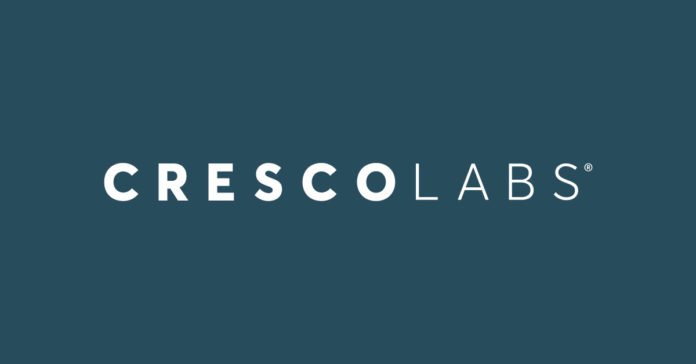
Cresco Labs‘ Social Equity and Educational Development (SEED) program assists applicants in creating a dispensary business plan, which includes layout and security protocols. Cresco also provides financial planning for ensuring success. Participants in the program receive one-on-one training and advice about how to best maximize their chances of submitting a successful application. “There are communities all over the state and country that have been disproportionately affected by the war on drugs,” Cresco Labs co-founder and Chief Executive Officer Charlie Batchell said. “As good stewards of the industry, we want to make it as inclusive as possible and providing a pathway to opportunity is simply the right thing to do.”
In mid-May, Missouri-based cannabis dispensary Feel State posted a public service announcement on its YouTube channel, calling for support for cannabis policy reform and social equity nonprofit organizations. “We are a proud partner of Minorities 4 Medical Marijuana and would ask that you please consider supporting organizations such as theirs and/or others including Last Prisoner Project, NORML, and Equity.org to help us achieve social equity and restorative justice in the cannabis industry,” read the post description.

Cannabis employment agency HempStaff created a Social Equity division in Fall 2019 that specializes in state social equity program requirements for business owners and employees, and can help assist business owners to find staff that meet requirements. “Specifically created to assist potential business owners and employees in California, Illinois, Maryland, Massachusetts, Michigan, and Pennsylvania, and any future state that implements a social equity program, to get the opportunities they deserve in the cannabis industry,” HempStaff said.
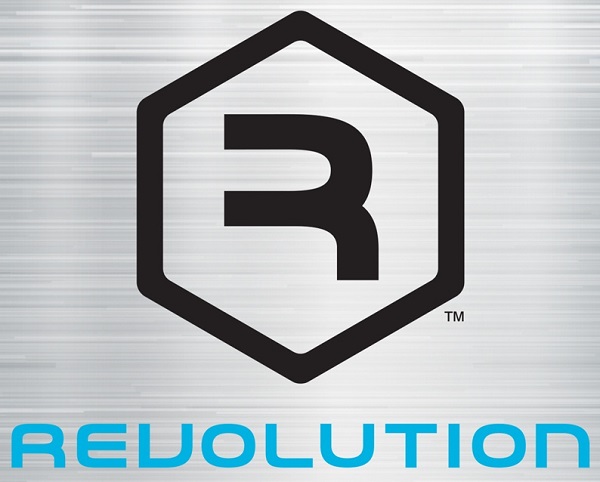
At the beginning of the year, multi-state cannabis company Revolution Global Partners teamed with Organic Urban Renewal Solutions (OURS), a black-owned and operated vertical cannabis business, based in Illinois. “We’re proud to partner with OURS,” said Revolution Global Chief Executive Officer Mark de Souza. “Cannabis companies like to talk about social equity, but few walk the talk… We recognize that the sector will only reach its full potential if all communities benefit.” As such, Revolution has provided OURS with guidance in the licensing process, raising venture capital, and consulting on retail store operations.
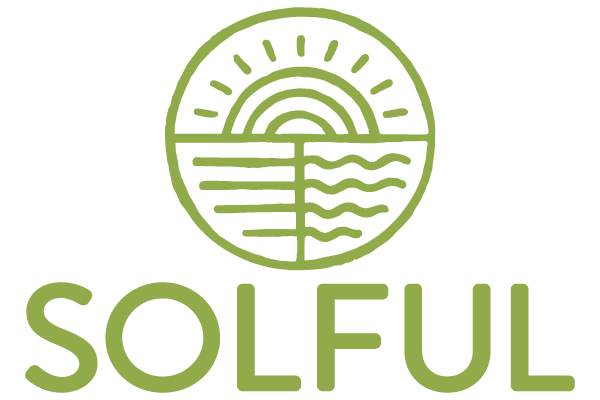
From June 4–7, cannabis retailer Solful, located in Sebastopol, California, partnered with thirty of its brands, including AbsoluteXtracts, Kikoko, Papa & Barkley, Satori, and more, to donate 10 percent of sales proceeds to the Last Prisoner Project and Equal Justice Initiative, in a show of solidarity for Black Lives Matter. “To do better, we must take action against the deeply rooted systemic racism that plagues our country and community. We must show our community members who have been repressed, marginalized, and targeted because of the color of their skin that we stand with them,” the Solful website said.
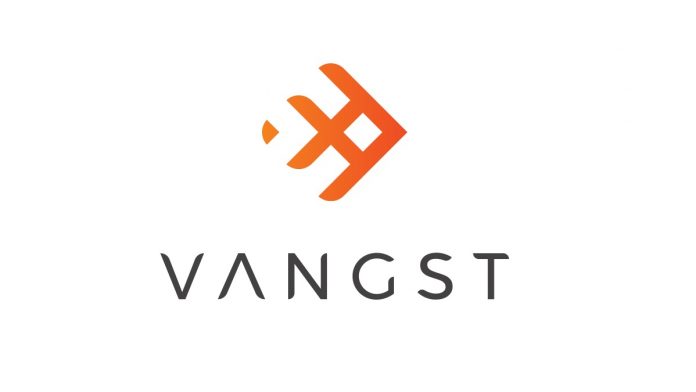
According to Vangst, legal cannabis currently employs over 160,000 workers and has experienced a 690-percent increase in job listings over the course of the past year. By 2022, analysts project a total of 340,000 full-time cannabis workers in the U.S. The Vangst Social Equity Program helps employers find qualified individuals for social equity requirements. “As the regulated market becomes more robust each year with more states legalizing recreational cannabis, we believe it is our duty to offer employment opportunities to those whose criminal offenses are no longer relevant under current state laws,” said Vangst founder and Chief Executive Officer Karson Humiston. “In 2019, nonviolent cannabis-related drug offenses should not bar anybody from making an honest living.”







